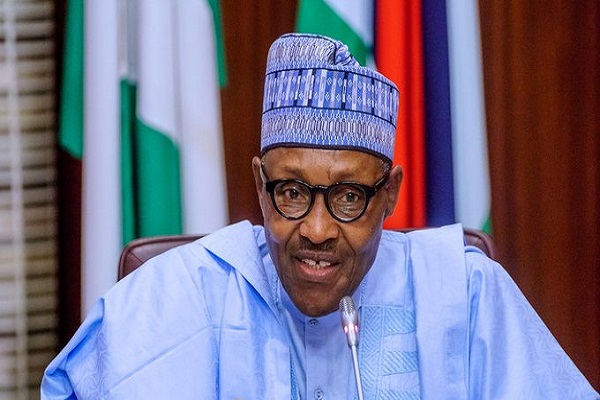

The security challenges bedeviling the country have continued to gender nuances of reactions in the polity.
Where there have been expressions of concerns, there have also been outright criticism of government handling of the situation.
The security cauldron has also been steaming waves of sentiments, spurious claims, and agitations in public domain.
While government’s response at its flanks could be lauded, some of these have shown failure to take criticisms in good faith.
However, recently, an elder statesman was credited with a comment asking President Muhammadu Buhari to resign and hand over to the military.
Unequivocally, the comment is retrogressive and to all intent undesirable.
It amounts to a furthering of the cloud of anarchy swarming over the country.
Military incursion into the nation’s political landscape, it had been variously acknowledged, accounted for the country’s weak political structure.
Little wonder the innuendo nascent is used in describing democracy in Nigeria despite sixty years of nationhood.
An invite to the military to assume the rein of governance, thus constitutes an attempt to roll back the little gains of the last decades.
Undeniably, Nigerian political class could be likened to the leopard that cannot change its spot.
Glaringly, ineptitude, corruption still run riot in governance from 1999 till date as was the case in 1983 when the military shoved aside the civilian administration.
This, however does not make the military establishment saints in matters of crass sleaze, the escapade of General Sanni Abacha cannot be quickly forgotten.
Those muting the idea of military regime again in Nigeria in the twenty first century world, seem not to feel the pulse of world rightly, no matter the current crisis in the country.
The international community considers military regime as aberration to the norms of governance.
Civil populace in countries worldwide are also averse to rule via the barrel of the gun and decrees.
In chad, for example, protests have greeted the assumption of general Mahamat Deby into power in place of his father Idris derby who died while fighting rebels.
Same for Myanmar, where coup leader General Min Aung Hlaing is being told in strong terms by the citizens that the juntas have no place in governance in their society.
Similarly, last year, African Union and ECOWAS made it known to Colonel Assimi Goita that military rule is anathema on the continent.
Mali’s military bowed to pressure as AU and ECOWAS were prepared to ostracize the country further.
It is noteworthy that the military establishment in Nigeria has distanced itself from the call, with the defence headquarters charging officers to stick to their constitutional role.
Rather than mute the idea of the military stepping in to take the rein of governance, what should occupy the minds of all and sundry is about how the nation can collectively weather the current storms of security breaches.
And the present administration should take the lead by outrightly displaying the will to address security concerns which has lead to the emergence of regional security outfits.
Government should be seen reining in all non-state actors threatening national cohesion without pandering to any tribal whim.
And for the opposition, they should not see the current security challenges as opportunity for pull down syndrome, but rather they should collaborate with government for a way out of the quagmire.
For what goes round does surely come round.
Simeon Ugbodovon